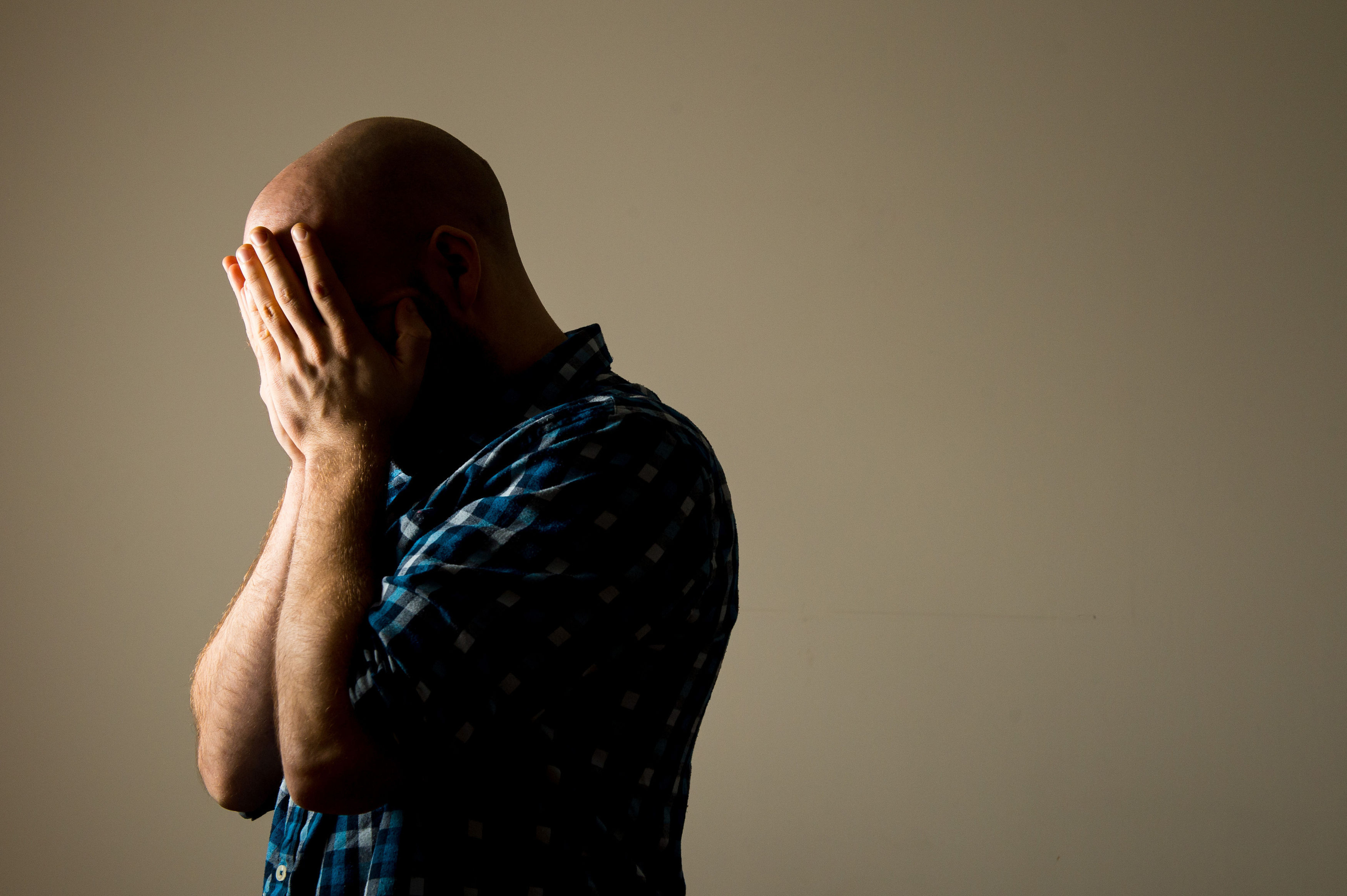
Refugees in Scotland are experiencing increased levels of loneliness, stress and anxiety as a result of the Covid-19 pandemic, according to a survey.
The Scottish Refugee Council (SRC) polled 290 people of more than 30 nationalities between July 8 and 26.
It found one in three people with refugee status reported their recent mental health had been poor or very poor.
The figure was 40% among people still waiting for a decision on their claim for asylum.
Many related their feelings of poor mental health to loneliness and isolation, the study found.
More than a third (37%) of asylum seekers surveyed said they had contact with friends or relatives just a few times a month and 70% expressed problems with having enough money to buy food.
One Zimbabwean woman currently in the asylum process told the SRC: “I have no-one in Scotland, it has been an incredibly lonely and scary time.”
A Tanzanian woman who works in a Covid-19 hospital ward said she is in “constant fear of being around my family at home in case I brought home the virus”.
Wafa Shaheen, head of integration at Scottish Refugee Council, said: “People who are waiting for a decision on their asylum claim live with a massive amount of day-to-day anxiety and uncertainty about their future.
“As well as coping with family separation and all the stress and challenges of the asylum system itself, people have to find a way to live in enforced poverty on around £5 per day.
“Our research suggests that all these stressors have been exacerbated and intensified by Covid.”
Ms Shaheen said “even at the best of times” many refugees report feeling lonely.
She added: “We’ve also seen some awful tragedies in the refugee community in Glasgow over the last five months.
“Local charities and communities have done everything they can to step in and help but we really need to see the Home Office and the Scottish Government working together to provide the necessary mental health support.
“Everyone should be protected during this pandemic, not left to struggle and cope on their own.”
A Scottish Government spokeswoman said people who come to Scotland because they need a place of safety “must not be abandoned at this time of crisis”.
“The Scottish Government has made it clear that refugees and people seeking asylum are entitled to free healthcare in Scotland, and this includes mental healthcare,” she said.
“This is in line with the approach of the New Scots refugee integration strategy.”
She added: “We have now invested a total of £6 million of additional funding to support mental health during the pandemic.
“This includes £3.8 million to increase the capacity of NHS 24’s telephone and online services, and to extend digital therapies, and £1 million to roll out the Distress Brief Intervention programme on a national basis.
“We have also provided nearly £275,000 immediate priority funding for third-sector organisations to support people seeking asylum and people with no recourse to public funds to be able to stay connected to advice services as well as their support networks, friends and family.
“We would urge anyone who is feeling anxious or worried about their mental health to seek help.”

Enjoy the convenience of having The Sunday Post delivered as a digital ePaper straight to your smartphone, tablet or computer.
Subscribe for only £5.49 a month and enjoy all the benefits of the printed paper as a digital replica.
Subscribe